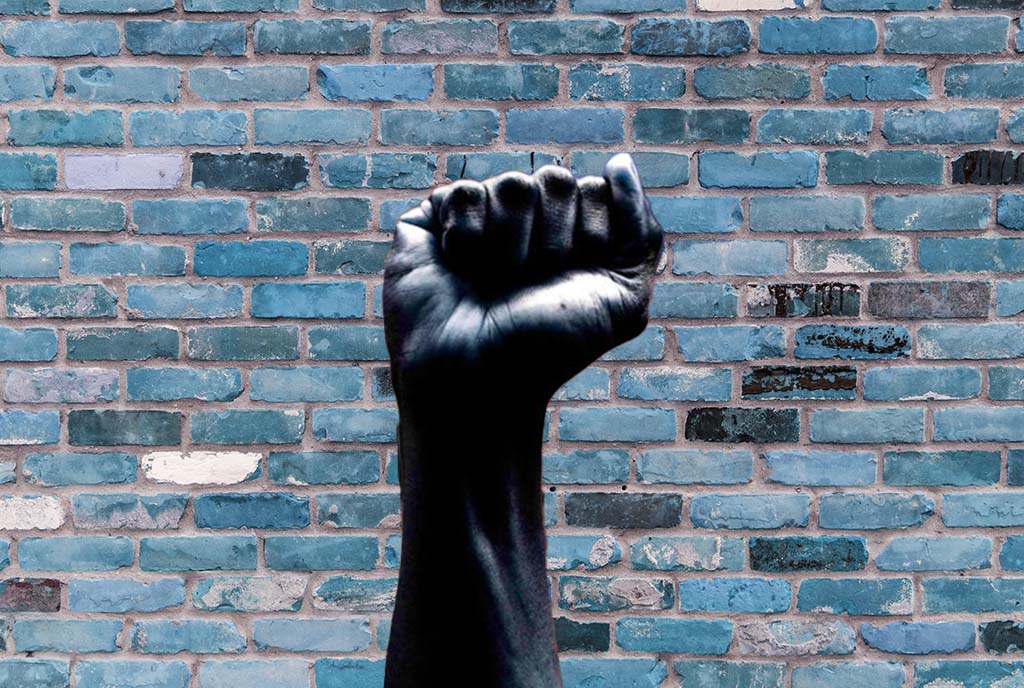
The past few years have seen a flurry of workers organizing across the country, from Starbucks and Amazon workers to new forms of cooperative ownership and governance sharing. NPQ’s column, We Stood Up, features the voices of people doing the hard work of realizing economic justice in their workplaces. These stories come from workers who want to share their experiences building a democratic economy and a fairer world so that others can learn from their efforts.
As a health reporter for Parallel News TV, an online news platform, I’ve always been passionate about storytelling. I am also equally driven by the belief that everyone deserves a fair and just working environment. When I noticed that some of my colleagues felt sidelined during meetings and that our editorial decisions were often made by only a few voices at the top, I knew it was time to speak up. For me, standing up wasn’t just about making my workplace better; it was about ensuring that every voice was heard and that our coverage reflected a variety of perspectives.
It all started one day during our weekly editorial meeting. I saw a colleague, a junior reporter, raise a point about a story idea that highlighted community health workers’ struggles. The suggestion was brushed aside without much consideration. That moment struck me because it reflected a pattern where more experienced staff made the key decisions, while junior team members rarely had a chance to contribute meaningfully.
I decided to step up. I began having informal chats with colleagues, listening to their concerns, and asking how we could ensure more inclusive discussions. To build bridges, I emphasized that change would only happen if we were united in our efforts. Slowly, a small group of us started meeting outside of office hours to talk about our vision for a more democratic workplace—one where ideas were valued based on their merit, not on who voiced them.
The biggest barrier to making change happen was the existing power dynamics. Some senior staff resisted altering a structure that had worked for them. There were also fears among some colleagues that pushing for change might affect their job security. To address this, we focused on having open conversations with those in leadership, positioning our initiative not as a challenge to authority but as a way to enrich our newsroom’s reporting and strengthen our team morale.
Sign up for our free newsletters
Subscribe to NPQ's newsletters to have our top stories delivered directly to your inbox.
By signing up, you agree to our privacy policy and terms of use, and to receive messages from NPQ and our partners.
One democratic practice we successfully implemented was rotating the role of meeting facilitator. This simple change allowed everyone—junior reporters, researchers, and even interns—to guide the discussions, ensuring diverse viewpoints were considered. We also introduced a system where story ideas were submitted anonymously before each meeting. This made it easier for anyone, regardless of their position, to have their suggestions evaluated without bias.
Over time, I noticed a shift. The same junior reporter who once felt unheard now regularly presented her story ideas with confidence. More importantly, the quality of our reporting improved as more voices were actively shaping our content.
For me, that’s been the most rewarding part of the journey: knowing that I helped create a space where every voice can contribute to building a fairer world—one story at a time.












